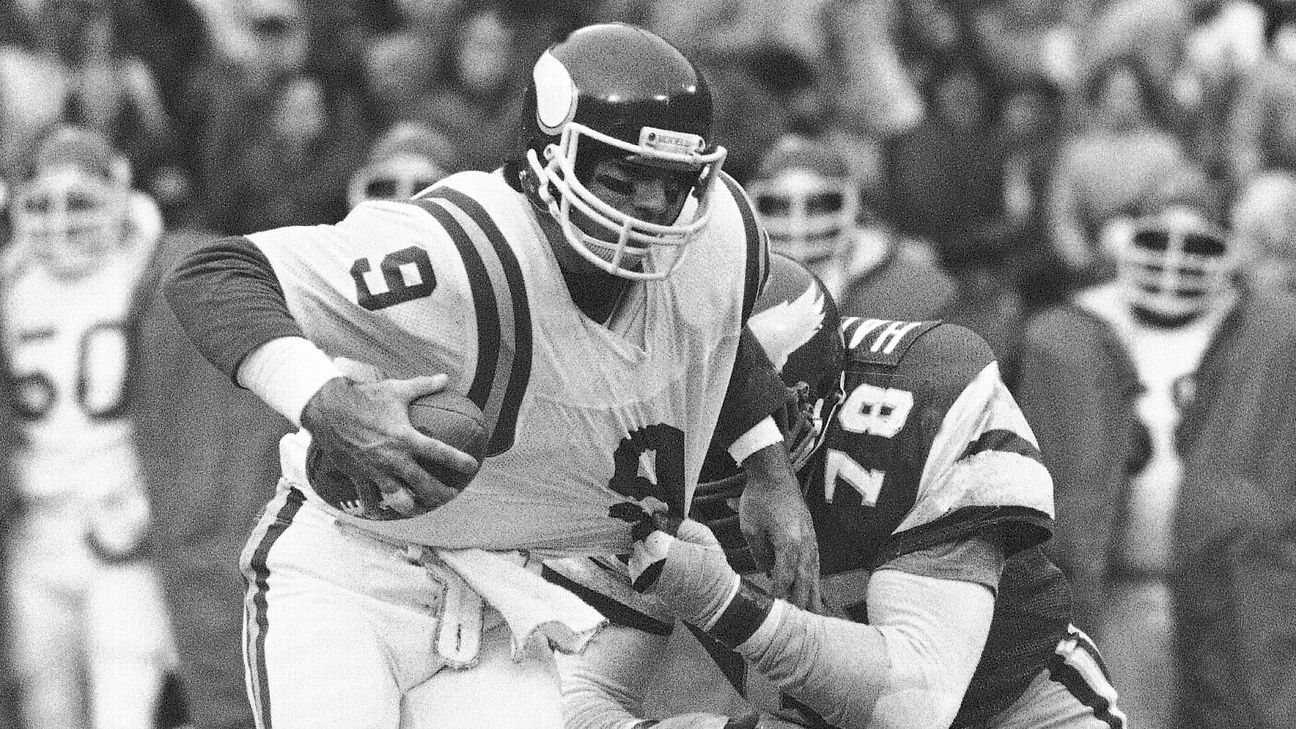
Posted on Sep 26
Former Vikings QB Tommy Kramer reveals dementia diagnosis, vows to battle with determination

u/alex •
Former Minnesota Vikings quarterback Tommy Kramer has announced that he has been diagnosed with dementia.
Why it matters: Kramer's diagnosis sheds light on the long-term health risks faced by NFL players and raises awareness about the importance of post-career support and healthcare for retired athletes.
Kramer, who played 13 seasons with the Vikings and made the Pro Bowl in 1986, revealed his condition on social media.
- He was formally diagnosed with cognitive decline over a year ago at the Cleveland Clinic as part of a health and wellness program for former NFL players.
- Kramer's doctors have informed him that the dementia hasn't advanced, and he has made lifestyle changes such as stopping alcohol consumption to better cope with the condition.
By the numbers: The prevalence of neurodegenerative diseases among former NFL players is significantly higher compared to the general population, highlighting the need for continued research and support for player health.
What to watch: Kramer's openness about his diagnosis may inspire other retired players to seek medical assistance and take proactive steps towards their well-being.
- It could also prompt discussions around improving post-career healthcare programs provided by the league and supporting institutions.
The big picture: Kramer's situation reflects the challenges faced by many former football players who have dedicated their lives to the sport but are now grappling with long-term health issues.
Yes, but: While Kramer's diagnosis is disheartening, his positive attitude and determination to face the condition head-on serve as an inspiration to others facing similar challenges.
What's next: Kramer's journey with dementia will likely involve ongoing medical care, support from family and friends, and potentially advocacy work to raise awareness about brain health and player safety.
The bottom line: The news of Tommy Kramer's dementia diagnosis highlights the need for continued efforts to prioritize player health and well-being both during and after their careers in professional football.
